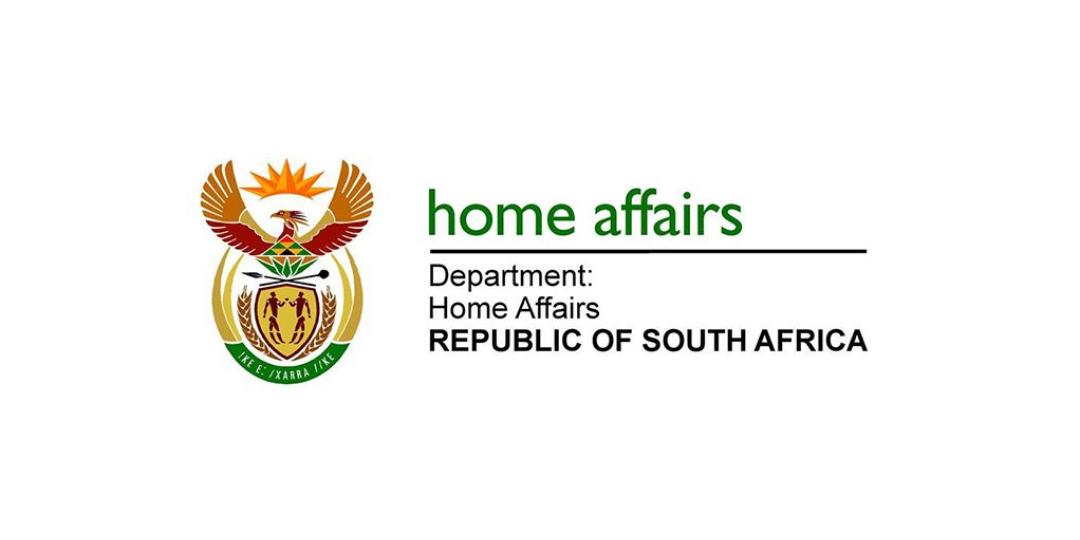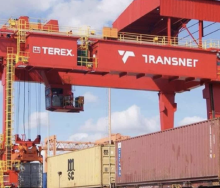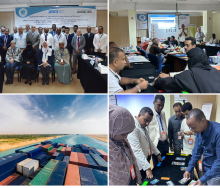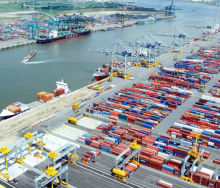The process of drafting a One-Stop Border Post (OSBP) Bill for South Africa could drag on till March 2024 – the date which the Department of Home Affairs (DHA) has set to have the bill promulgated.
Addressing this year’s first online meeting of the Transport Forum, DHA director Sihle Mthiyane said policy formation around the bill had only been finalised on December 31 last year.
The next step is to seek public comment - for which the deadline is February 28.
Thereafter, lawmakers will report back to parliament by March 31, after which the long process of drafting the bill will commence.
By his own admission, Mthiyane described the work that lay ahead as “a long way to go”.
Without exactly saying so, he implied that "a lot of engagement with the public about this process" would contribute to the “long way to go”.
One of the issues that policy-makers had identified as a primary challenge for South Africa’s land borders was congestion, Mthiyane said.
A fact-finding mission had revealed that a border such as Chirundu on the north-south route between Zimbabwe and Zambia applied cargo pre-clearing as part of its process, he added.
“Trucks should not be allowed to approach border posts unless they have done advanced clearance.
“It is something that we are also recommending.
“We’re looking forward to hearing from stakeholders about their submissions on this issue”.
Interestingly, OSBP efficiencies around Chirundu are nothing new and were implemented several years ago.
An OSBP consultant who worked on identifying efficiency initiatives at Chirundu, Mike Fitzmaurice, has on numerous occasions remarked that research around that border has been available for years.
All the more reason then that someone like Louise Wiggett, CEO of Global Trade Solution, should comment that the OSBP policy document adds very little that is new.
She said the existing document was full of "old-school thinking" and that a lot had changed insofar as technology and Covid-related challenges were concerned.
She appealed for broader public-private involvement to leapfrog ahead of what she described as a “stop-start process”.
Specifically she asked that current proposals contained in the OSBP policy document, be “re-engineered”.













